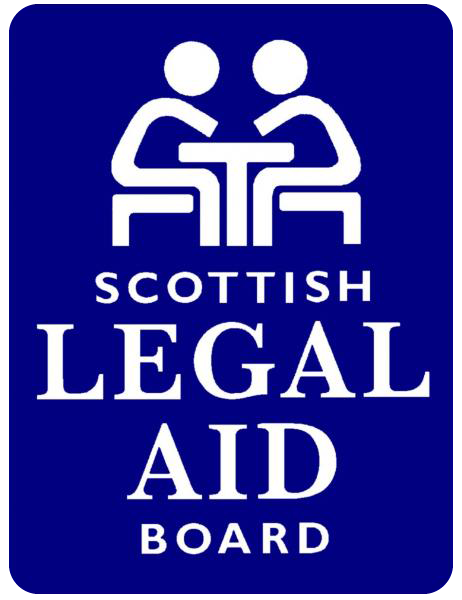Through a strengthening of current prosecution policy, the Lord Advocate recently announced that first time offenders in Scotland who are found in possession of a knife now face more serious penalties.
The Crown Office and Procurator Fiscal Service (COPFS) is implementing the new knife crime policy as of 22 July 2011, with an overall aim of reducing offending and re-offending and to provide an effective deterrent. In 2005/06 3,392 people had a charge of 'handling an offensive weapon' proved against them. In 2009/10 there was a 33% drop in that figure to 2,855. The new policy aims to reduce these figures even more.
What are the new knife crime rules?
As of 22 July 2011, anyone found in possession of a knife on licensed premises, when local gang involvement is probable, at a 'hot spot' for violence (as determined and agreed between the local Police and Procurator Fiscal) or on public transport or at a bus or train station will now be prosecuted on petition. At a criminal trial, their guilt will be decided by a Sheriff and jury instead of by summary complaint. Thus, there are greater sentencing powers for Sheriffs, with the maximum prison term being increased from one to four years.
The Lord Advocate said:
"Carrying a knife in public is completely unacceptable and a serious offence and those in our society who choose to ignore this will face the full rigour of the law. Today I send out a further warning to those who still carry knives or use knives to harm others - you will, if caught, be prosecuted and could be imprisoned for up to four years".
Justice Secretary Kenny MacAskill said:
"Knife carrying is a serious offence and we support Scotland's prosecutors and the courts in using the full force of the law to punish anyone found guilty of this offence.
"The courts already have the power to impose a four year sentence for possession of a knife, but with more cases set to be heard by a Sheriff and a jury rather than through the summary courts, this new strengthened prosecution policy will mean more offenders now face the toughest of sentences.
As a result of these changes it has been estimated that the licensed premises and public transport offences could lead to approximately 60 cases a year being placed on petition which proceed summarily at the moment. Further, it has been estimated that the 'hot spots' offence will result in more than 300 cases being put on petition on a yearly basis which are currently being dealt with by summary procedure.
If you need advice from our criminal lawyers on any of these knife crime issues, call us today on 0131 557 9151 (24hrs) for a free, no obligation discussion.



